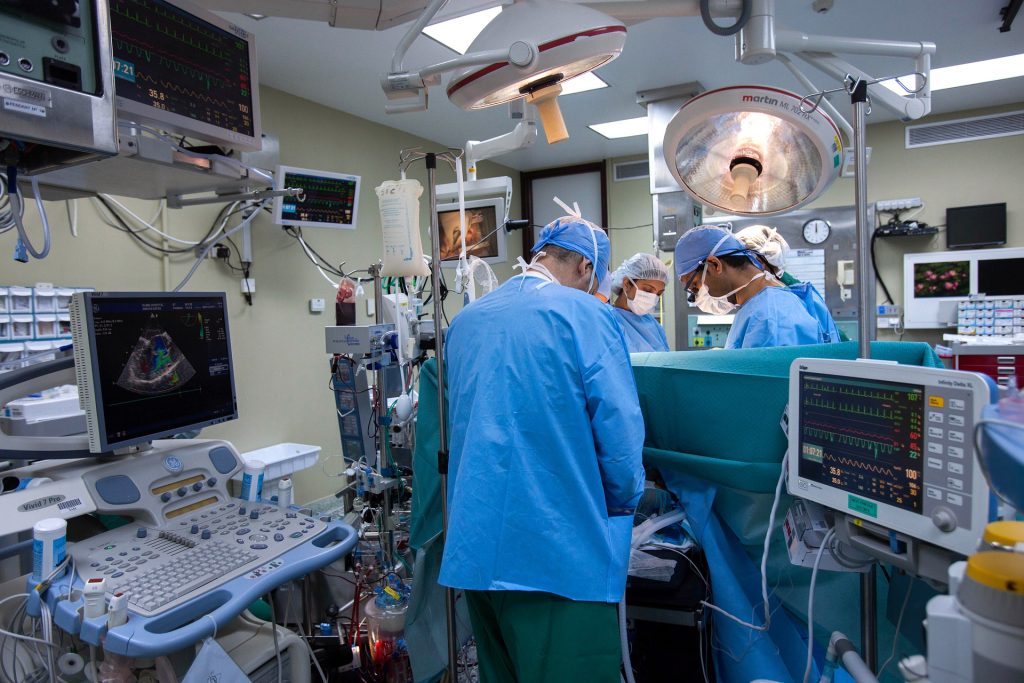
One in seven cancer patients around the world have missed out on potentially life-saving operations during COVID lockdowns, according to a new study led by the University of Birmingham.
Planned cancer surgery was impacted by lockdowns regardless of the local COVID rates at that time, especially in lower income countries.
Though lockdowns have protected the public from COVID, they have had collateral impact on care for other patients and health conditions. Researchers in this study showed that lockdowns resulted in significant delays for cancer surgery and potentially more cancer deaths.
Researchers are calling for major global reorganisation during the pandemic recovery to provide protected elective surgical pathways and critical care beds that will allow surgery to continue safely, as well as investment in ‘surge’ capacity for future public health emergencies.
‘Ring-fenced’ intensive care beds would support patients with other health conditions and those with advanced disease (who are most at risk from delays) to undergo timely surgery. Investment in staffing and infrastructure for emergency care would mitigate against disruption of elective services.
The COVIDSurg Collaborative involved 5000 surgeons and anaesthetists around the world working together as part of the to analyse data from the 15 most common solid cancer types in 20 000 patients in 61 countries. The findings were reported in The Lancet Oncology.
The researchers compared cancellations and delays before cancer surgery during lockdowns to those during times with light restrictions. During full lockdowns, one in seven patients (15%) did not receive their planned operation after a median of 5.3 months from diagnosis – all with a COVID related reason for non-operation. However, during light restriction periods, the non-operation rate was very low (0.6%).
Patients awaiting surgery for longer than six weeks during full lockdown were less likely to have their planned cancer surgery. Frail patients, those with advanced cancer, and those waiting surgery in lower-middle income countries were all less likely to have the cancer operation they urgently needed.
Researchers analysed data from adult patients suffering from cancer types including colorectal, oesophageal, gastric, head and neck, thoracic, liver, pancreatic, prostate, bladder, renal, gynaecological, breast, soft-tissue sarcoma, bony sarcoma, and intracranial malignancies.
Lockdowns directly impact hospital procedures and planning, as health systems change to reflect stringent government policies restricting movement. The researchers found that full and moderate lockdowns independently raised the likelihood of non-operation after adjustment for local COVID case notification rates. They hope that this information will help guide future lockdowns and restrictions by governments.
Source: University of Birmingham

